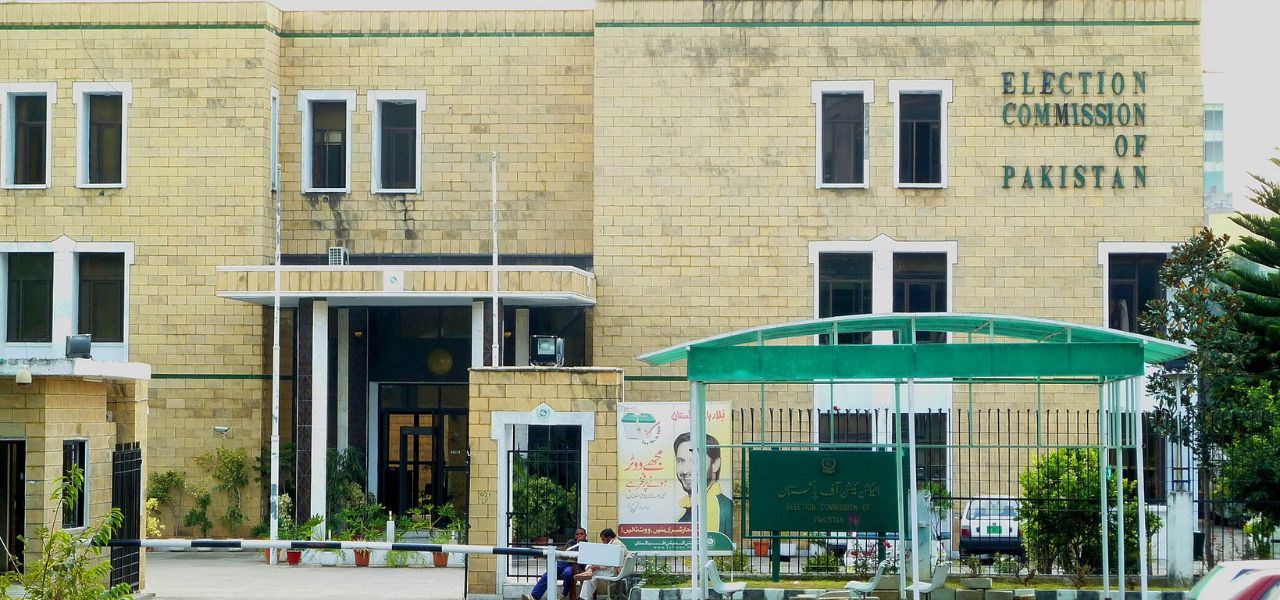The election commission in Pakistan said on Thursday (Sep. 21) that the January elections would be pushed back. This is because the country is dealing with multiple political, economic, and security problems at the same time.
Pakistan’s parliament was dissolved on August 9, just days after the country’s most famous politician, former prime minister Imran Khan, was jailed for corruption and told he couldn’t run for office again. Since then, a caretaker government has been in charge.
It was meant to be 90 days before the election, but the election commission said it needed more time to redraw districts after the most recent census.
“On November 30, the final list of districts will be made public.” It will be 54 days until the elections, which will happen in the last week of January 2024, according to a statement from the commission.
One expert on politics said the date might not be set in stone.
“The announcement of a date is a positive and significant sign, however, Pakistani politics is so unstable that one can’t predict what will happen after three months,” Hasan Askari Rizvi told AFP.
“But all the sufferings of the common people due to inflation and price hikes will have a direct bearing – provided all parties are allowed to campaign and contest elections,” he added.
The Human Rights Commission of Pakistan said earlier this month that it was worried about how institutions could mess with the election process.
Also Read: Pakistan’s Supreme Court Orders May 14 Election In Punjab
“The delimitation of constituencies must also be completed quickly and efficiently and under no circumstances used as an excuse to delay the elections any further,” it said in a statement.
“Apart from ensuring that free, fair and credible elections take place, the test of the current caretaker government is to see not only whether it will protect and respect people’s right to protest peacefully, but also whether it will respond to the issues that ordinary citizens are mobilising around.”










